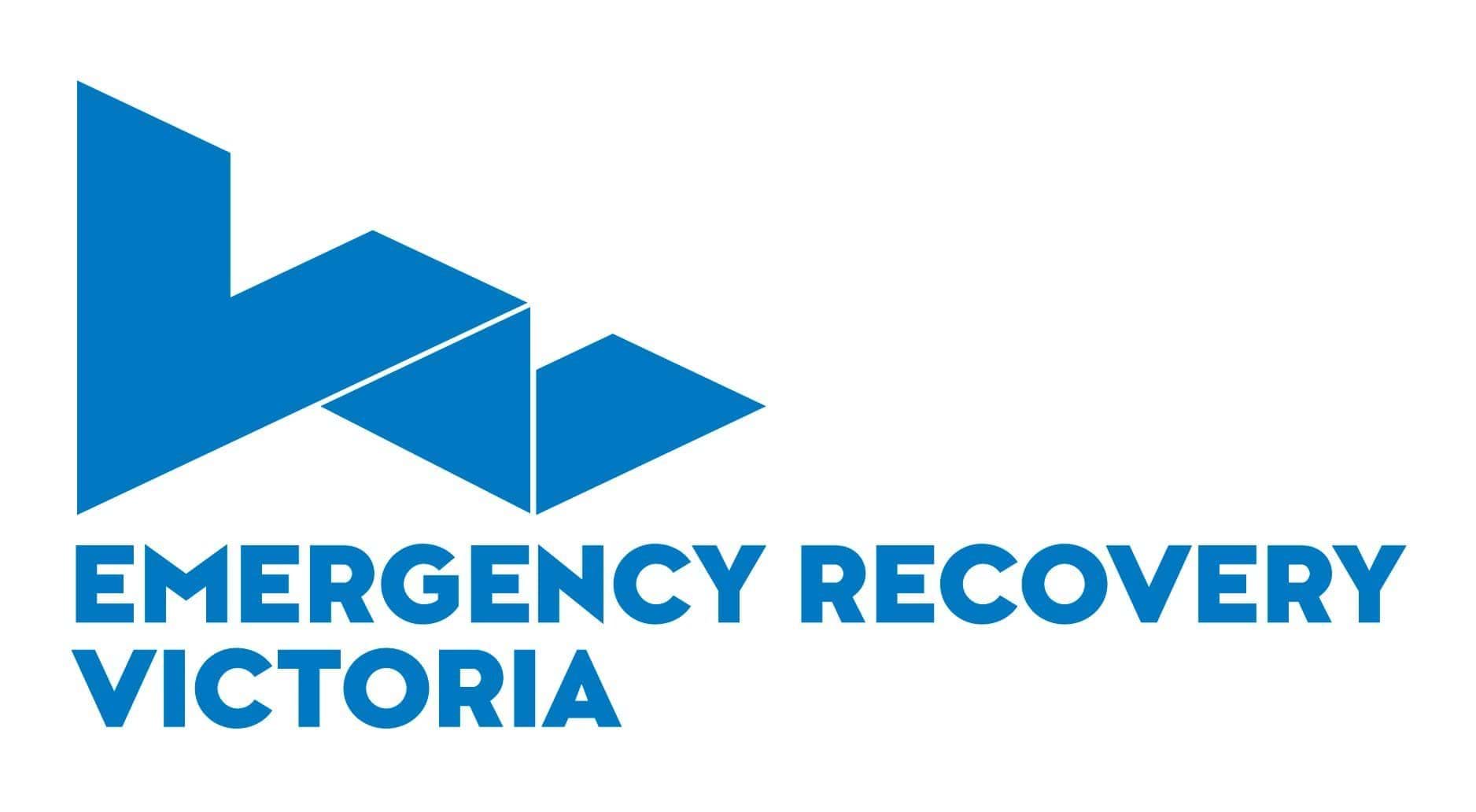After a bushfire, flood or storm, conditions may still be dangerous.
If you have evacuated, do not return home until emergency services say it is safe.
Stay informed, follow the advice of emergency services and seek support if needed.
Having your home affected by a bushfire, flood or major storm can be distressing. The path to recovery may feel overwhelming when you decide if you should repair, rebuild or move.
Knowing the right information can make decisions easier and your path more clear.
This page takes you through some of the things to consider. It features links to the people and services that can help you when you're ready. It's a lot to think about and it's okay to take things one step at a time.
Getting started
You can start with Consumer Affairs Victoria's Advice in a disaster information. This page covers more than just rebuilding your home and is a great resource for anyone affected by a disaster.
Understand your insurance
Was your home insured and how much will you receive?
- Check with your insurer to understand what your policy covers.
- Start your claim as soon as you can. Take photos of the damage and keep any receipts.
- If you need help or are unsure about the process, call the Insurance Council's Disaster Hotline on 1800 734 621. The council also offers a range of web pages with insurance information to help people who have been affected by a disaster.
- If your claim is rejected or delayed:
- contact Disaster Legal Help Victoria
- lodge a complaint with Australian Financial Complaints Authority.
Work out your finances
Rebuilding or repairing your home can get expensive. To be able to make realistic plans for your rebuild or repair you need to know how much money you have.
- Estimate what you can afford, including any potential insurance settlements, and what you are comfortable spending.
- Explore your loan options or other financial help.
- Financial counselling can help you make a budget:
- Financial Counselling Victoria provides counselling services and also has specific information for people affected by disasters.
- Choose a financial counselling provider from this list.
Plan your rebuild or repairs
Before you start repairs or building works you may need a design or planning approval.
- Check if you need a planning permit - contact your local council. Find your council via the Know Your Council website.
- Use VicPlan to check your property's zoning and any overlays (such as bushfire, flood and heritage).
- Decide on your design. Free or low-cost design support for disaster-affected people is available from Architects Assist.
- Check in with Consumer Affairs Victoria and their advice on how to proceed.
Start building safely
Once you have sorted out your finances and design and have your planning permissions in place, it's time to consider some of the things involved in building.
- Use registered builders and tradespeople. Check their registration through the Building and Plumbing Commission's practitioner search.
- Get a written contract for work over $10,000. Works over $16,000 also need domestic building insurance.
- Apply for a building permit for major repairs or rebuilds. This is something to check with your council.
- Choose your own building surveyor as they can protect your interests. The Building and Plumbing Commission has more information on this.
- Smaller repairs like painting, tiling and fixtures may not need a permit or contract. Your council can advise about this. Even if you do not need a permit it is recommended to always use qualified trades and have a contract.
- Consumer Affairs Victoria has comprehensive information how to tackle your building and renovating project.
Know your legal rights
Sometimes things don't go to plan when you take on building works and renovations.
- Start by speaking directly with your builder to try to resolve things.
- If that doesn't work, the Building and Plumbing Commission can help you reach agreement without going to court.
- You can get further legal help from:
Build for resilience
No one wants to have to rebuild their home, but you can use the opportunity to make your home safer and more resilient.
- Use the Resilient Building Council's Bushfire Resilience Rating Home Self-Assessment to guide improvements you can make.
- The Green Rebuild Toolkit has information to help you rebuild sustainably.
- Improve your home's flood resilience with guidance from Melbourne Water.
- Reduce bushfire risk using practical tips from the Country Fire Authority.
Selling and buying
You may decide to sell your property after a disaster. There are special factors to consider if you do.
- Consumer Affairs Victoria (CAV) has information on buying and selling property after a disaster.
- The Australian Taxation Office has information on how your tax may be affected by selling your home after a disaster.
Information for renters
While the information on this page is for people who own their own homes, there is help for renters too.
If you are a renter whose home has been affected by bushfire, flood or storm you can get advice and information from:
Disclaimer
The information on this webpage does not constitute as professional or official advice.
Emergency Recovery Victoria offers this information as a general guide only. We recommend that you get independent legal, financial, taxation or other advice to check how the website information relates to your individual circumstances.
The links have been collated here for your general information and convenience. Inclusion of links on this page should not be taken an endorsement of the external sites. While effort has been made to refer only to external sites that are reliable and authoritative, inclusion on this page is not confirmation of their accuracy.
Updated


